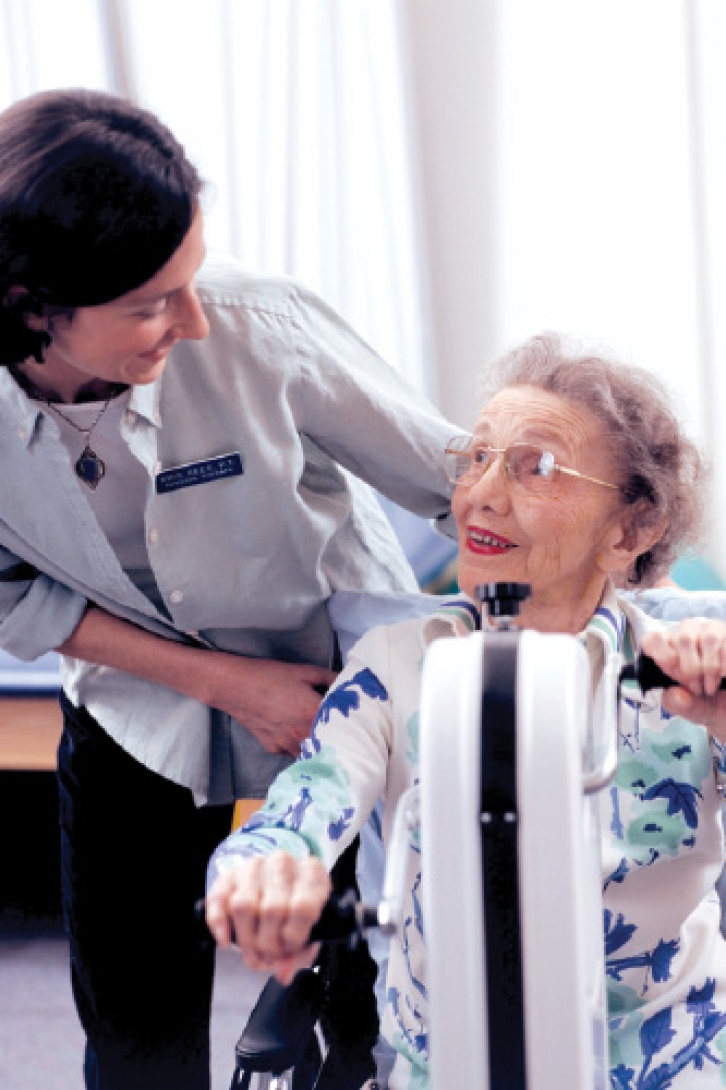Enabling Clients Via Social Assistance in Cardiovascular Rehabilitation Programs.
Wiki Article
Cardiopulmonary rehabilitation programs are designed to assist individuals with cardiac and pulmonary issues enhance their health and quality of life. These programs commonly consist of physical activity, instruction about cardiac and lung health, and assistance for implementing lifestyle choices changes. However, one important element that is occasionally neglected is the role of psychosocial assistance. Emotional support refers to the emotional and community help that patients receive during their rehabilitation journey. This support can empower individuals, enhance their self-esteem, and help them manage the obstacles that arise with chronic health issues.

Patients in cardiopulmonary rehab frequently face various emotional and psychological difficulties. Feelings of anxiety, depression, and isolation can be common. These emotions may arise from the stress of confronting with a significant health issue or the concern of upcoming health problems. Emotional support can aid address these feelings by offering patients with a safe environment to talk about their concerns and bond with others who understand what they are experiencing through. Group therapy meetings and one-on-one counseling can be beneficial ways to facilitate this support. By interacting with professionals and others, individuals can learn adaptation techniques and find support from peers who share similar experiences.
Incorporating emotional support into cardiopulmonary rehab programs can lead to improved medical outcomes for individuals. Studies show that when individuals receive emotional assistance, they are more likely to stick to their recovery plans, helpful site adhere to medication, and implement necessary lifestyle choices changes. This involvement can lead to improved health well-being, reduced hospitalizations, and an entire better quality of living. Support teams can foster inspiration and accountability, assisting patients remain committed to their rehabilitation objectives. This collaborative method highlights the significance of considering both bodily and emotional health in the rehabilitation journey.
Educators and healthcare professionals play a crucial role in providing psychosocial support within these programs. They can help patients understand the importance of mental health in their recovery adapting exercises for older adults journey. By creating an atmosphere of empathy and understanding, healthcare providers can promote open dialogue about emotions and worries. Educating personnel in interpersonal techniques and emotional support techniques can improve the overall patient experience. Moreover, incorporating instruction about anxiety reduction, calming techniques, and healthy coping strategies can empower individuals to assume an active role in their mental well-being.
To summarize, strengthening individuals through emotional support in cardiopulmonary rehabilitation programs is essential for encouraging holistic rehabilitation. By acknowledging the psychological and community dimensions of healing, healthcare providers can create a more supportive environment that meets the requirements of the entire person. Patients who receive this holistic care are more apt to attain their well-being objectives and enhance their overall quality of life. The inclusion of emotional assistance into recovery programs not only enhances the patient journey but also leads to improved long-term health results.